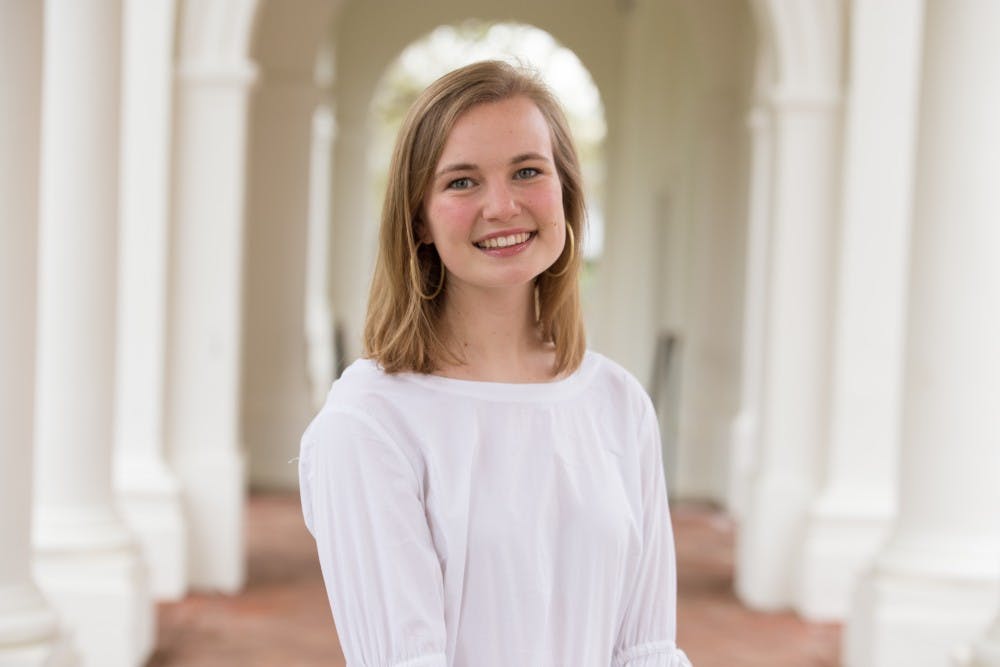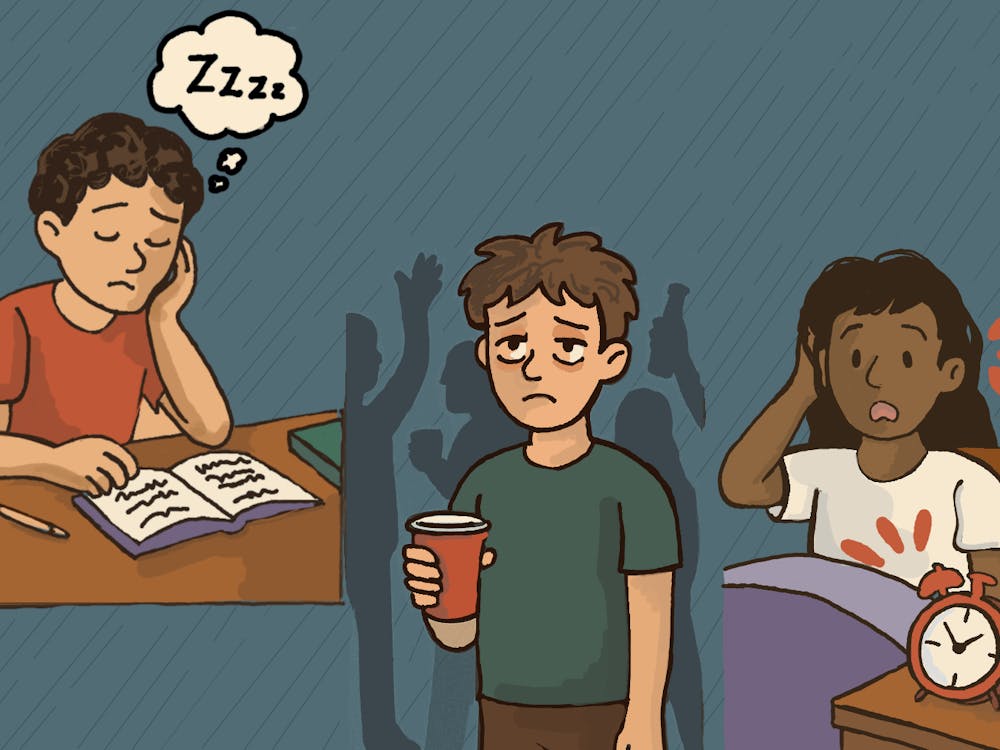Last week, I was sitting in my American Studies fourth-year seminar listening to a discussion on the controversial presentation of history at Monticello. As the class began to understand some of the more serious implications of the way information was being preserved at that site, I looked around the table to see wide eyes of shock and outrage. It was right then that, in an aside, my professor broke the tension by saying, “I thought I was going to be designing gardens and then I got involved in all this stuff.”
It hit me, suddenly, that I could not have possibly encapsulated my experience of the University in a better turn of phrase.
When I moved into Kent as an eager first-year, I did so with innocent dreams of reading Dickens, Brontë and Austen, preferably in a field of flowers or a luscious garden outside a beautiful pavilion. All I wanted was to be transported into another world of new rules, people and places unlike I had ever seen before.
But here I am, writing this, as a fourth-year working on a thesis that will explore the religious underpinnings of mass incarceration in American society. What happened?
The University didn’t minimize or dismiss my dream — I’ve read more novels in the grass than I can count. I studied abroad in London, where I visited to homes of my favorite authors to pay homage to their brilliant mind and work. I just about fainted when I got to dance in the meeting hall in Bath where “Pride and Prejudice” was inspired.
But it did challenge and expand my dream. It asked me what I was going to do with my passion. It asked me whom I was going to serve with my skills. It asked me what my studies had to say about this world, our world, rather than the narrative worlds coming to life inside my head. It asked me about the implications of my dream for my community. Or rather, some really amazing professors asked me.
Learning how to become active, rather than passive, with the knowledge I was accumulating was a gradual process. A huge part of my journey was breaking out into different departments where I could figure out more of the real life implications of what I was studying.
Thankfully, at the University, we do not suffer from a shortage of professors who want to turn their scholars into activists — there are so many classes to take that will challenge and expand the way you think about whatever it is you study.
Here are the top five classes, in no specific order, that have influenced the way I think about my role in our world that you need to add to your enrollment shopping cart right now:
1. “Gender Violence and Social Justice” (WGS 2897) with Prof. Claire Kaplan: In the midst of the #MeToo movement, the Times Up initiative and the Kavanaugh hearings, understanding the frequency of gender violence and the process we currently use to investigate and prosecute such crimes is essential to being a proponent of modern day justice
2. “America and the Global South in Literature and Film” (AMST 3465) with Prof. Lisa Goff: Nothing has grown my understanding of the politics of immigration and foreign affairs like the brutally honest narratives of people who have experienced contact with the United States on our soil and around the world.
3. “Martin, Malcolm, and America” (RELG 3200) with Prof. Mark Hadley: A journey through the minds of activists thinking about and orchestrating liberation in the best way they knew how that allows for an open conversation about whether American society has achieved integration or whether we’re still struggling with desegregation.
4. “Race in American Places” (AMST 4500) with Prof. Kenrick Grandison: What does the landscape where you eat, sleep and walk around every single day say about the racial politics of the past and present? I’ll never think of the axis of power that runs from the Lawn through the Rotunda and down Rugby Road alongside Mad Bowl the same way.
5. “Introduction to African-American and African Studies II” (AAS 1020) with Prof. Claudrena Harold: There is no greater example of how to utilize everything you learn in formal education to communicate the issues around you and work to raise your community than that provided by black scholars and artists like W. E. B. Du Bois and Zora Neale Hurston.
My time at the University has solidified for me what Luke 12:48 really signifies when it states, “From everyone to whom much was given, much will be expected.” If you’re here, I know you have a unique and incredibly active mind and a diverse skill set. I hope you take this University up on the opportunity it offers to teach you how not only to improve your own mind but to improve your communities with what you know.
Sarah Ashman is a Life Columnist for The Cavalier Daily. She can be reached at life@cavalierdaily.com.







